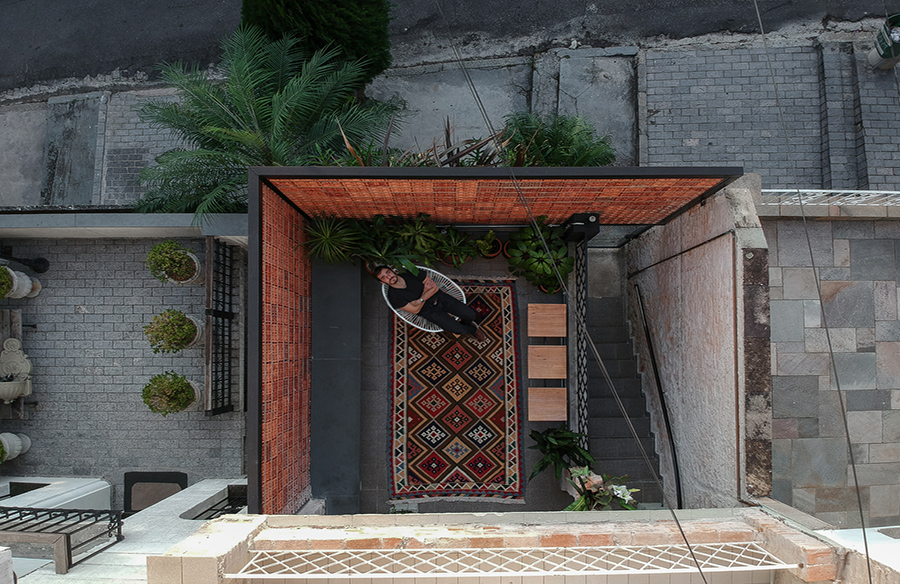In 2019, Saint Gobain experts conducted a comprehensive investigation aimed at understanding the recent transformations in architecture and construction. As the world entered a period of uncertainty due to the COVID-19 pandemic, these findings became even more pertinent. Here, we delve into the evolving trends in architecture, particularly focusing on comfort and sustainability.
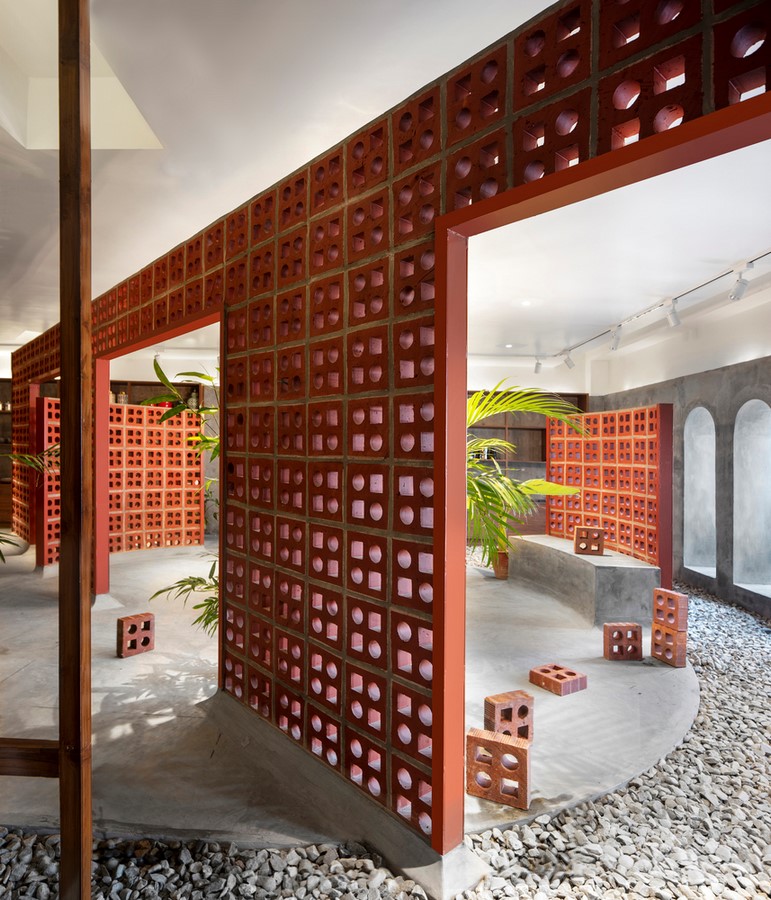
The Impact of Global Warming on Home Comfort
The events of 2020 highlighted the importance of comfortable living spaces. With climate change accelerating, architects face the challenge of designing buildings that remain habitable amidst rising temperatures. The increasing awareness of environmental degradation necessitates a deeper understanding of materials and their impact on indoor climates.
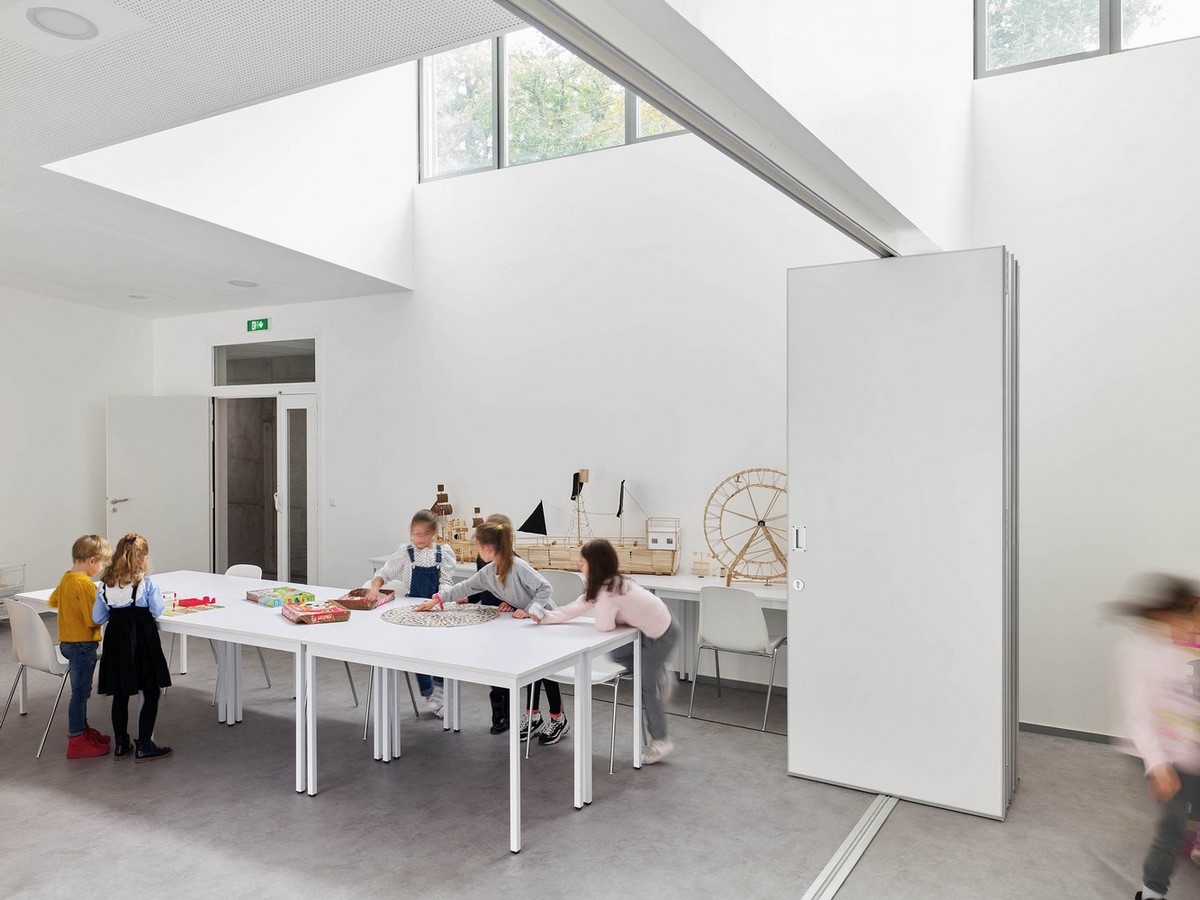
Balancing Individual Comfort with Collective Sustainability
A key realization is that individual comfort should not come at the expense of collective well-being. Collaborative efforts are essential in combating the climate crisis. Architects must consider the broader implications of their designs and promote sustainable practices that benefit both individuals and communities.
The Role of Thoughtful Consumers and Architects
The emergence of more conscientious consumers can drive significant shifts in the industry. Likewise, architects play a crucial role in shaping a sustainable future. Designs must adapt to changing needs and prioritize long-term sustainability to avoid burdening future generations with environmental challenges.
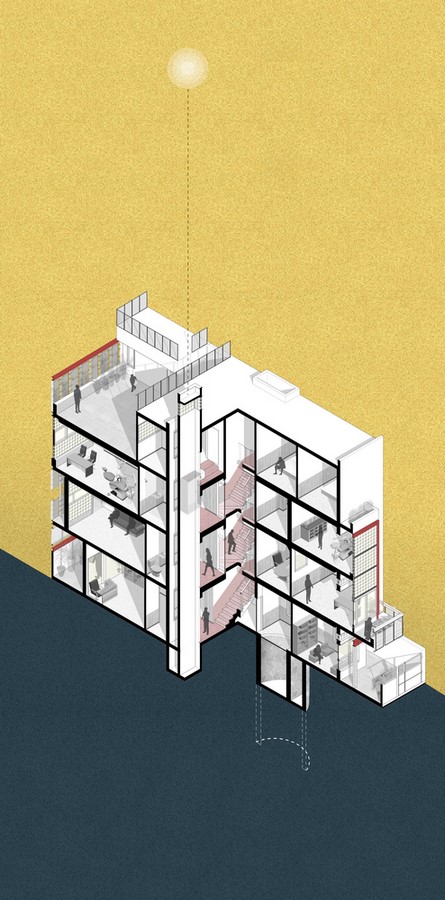
Embracing Multidisciplinary Approaches for Effective Design
The complexity of modern challenges requires architects to embrace multidisciplinary approaches. By integrating knowledge from various fields, buildings can become more efficient and adaptable. This holistic approach considers the entire lifecycle of a project, from construction to dismantling and reuse.
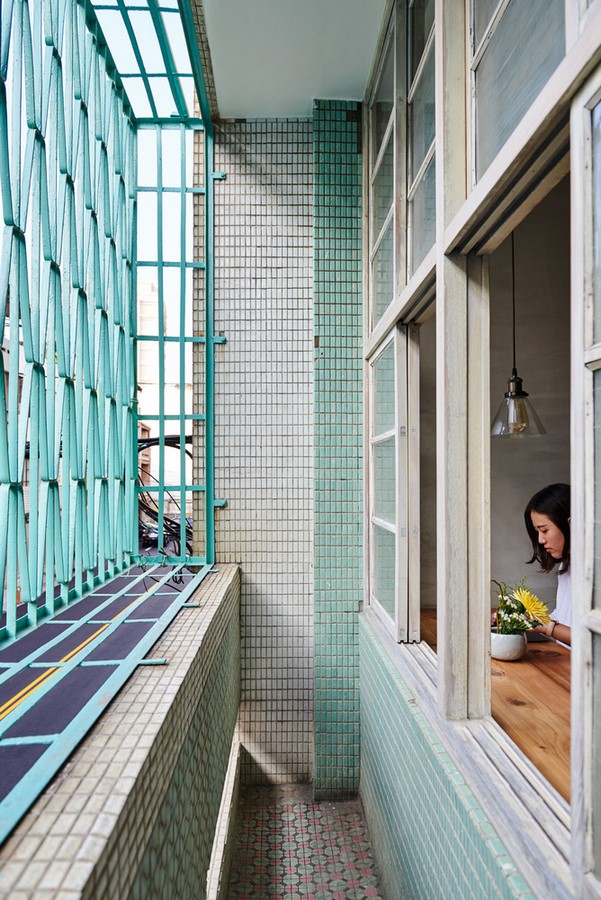
Adapting to a Changing World
The events of 2020 underscored the need for flexibility and adaptation in architectural design. As cities evolve to meet new challenges, architects must remain agile and responsive. A conscious, multidisciplinary approach provides a solid foundation for addressing diverse needs and promoting resilience.

In conclusion, the trends in architecture for 2021 reflect a growing emphasis on comfort, sustainability, and adaptability. By embracing collaboration and innovation, architects can create spaces that not only meet the needs of today but also safeguard the future of our planet.
